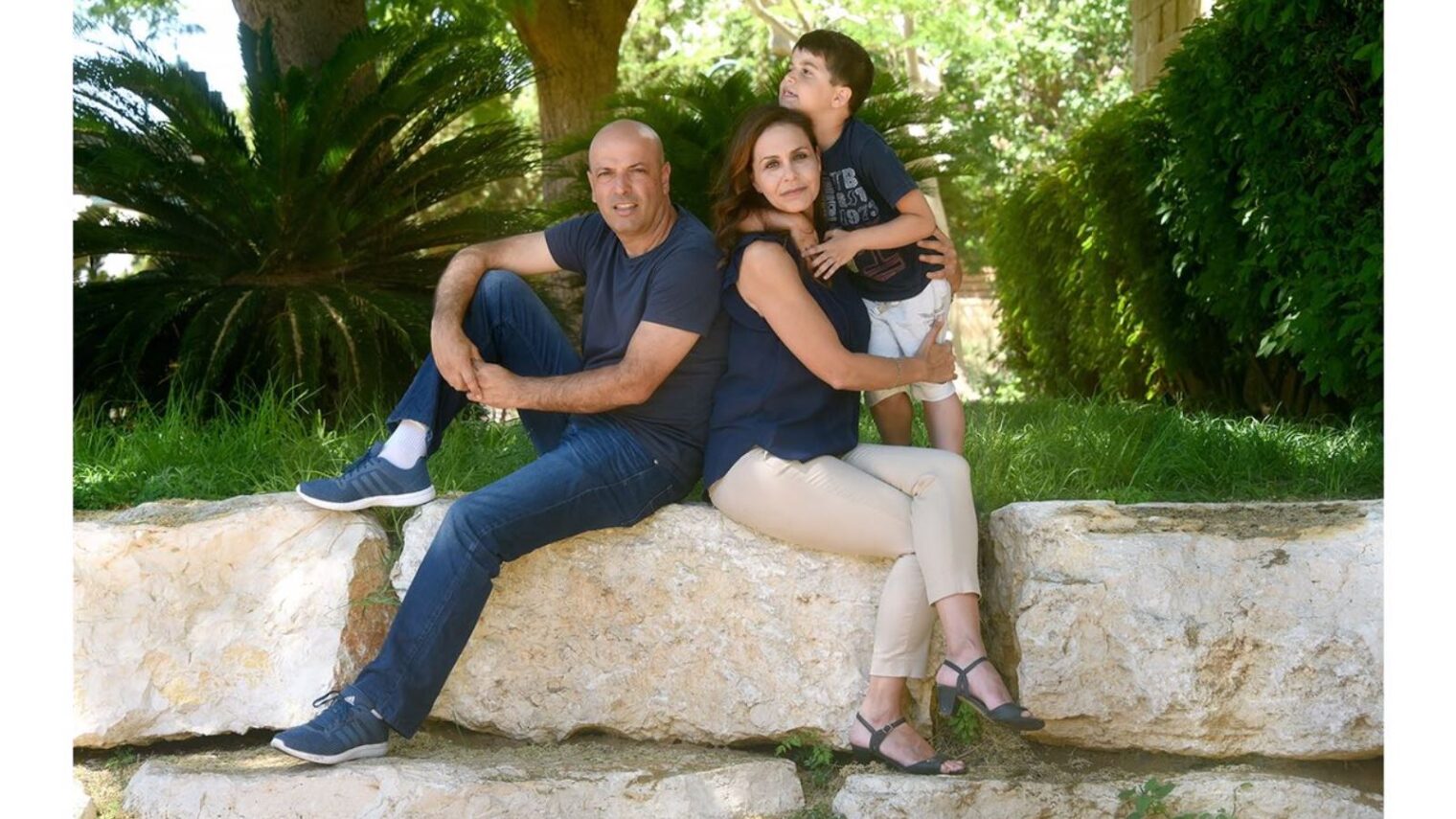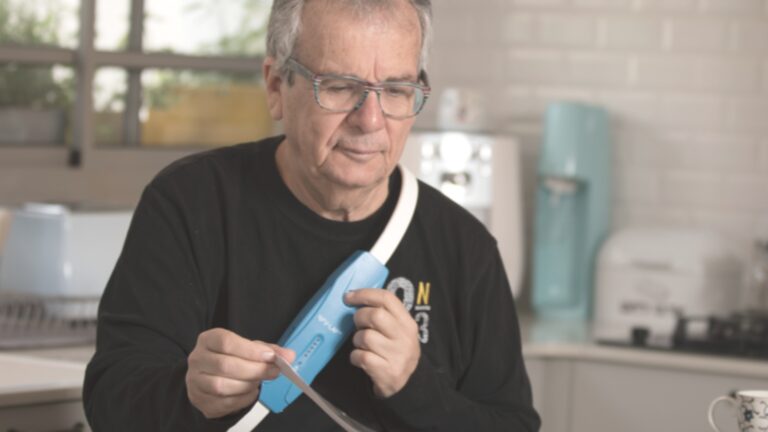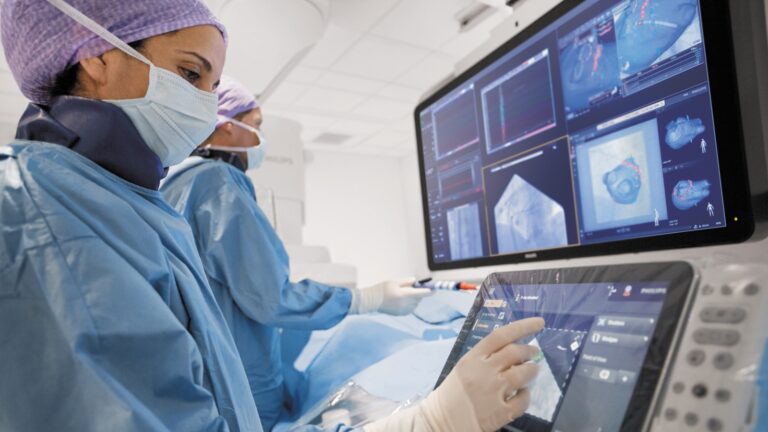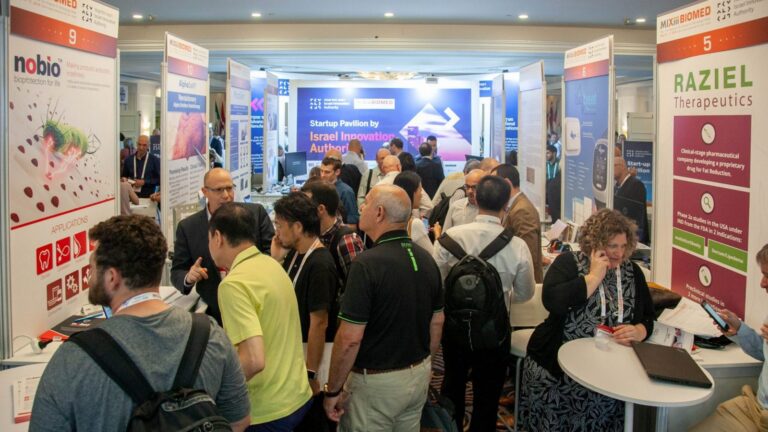When Oren Ozeri’s son Ido turned one, he was diagnosed with Duchenne muscular dystrophy, a rare incurable genetic disease. Even though he’s neither a scientist nor a physician, this Israeli father was determined to seek a solution.
In 2011, Ozeri and his wife, Hila, and six other parents founded ADI.
In December 2015, Ozeri and fellow ADI member Alon Hazan, whose son was diagnosed at age seven, founded ART BioScience, a Rehovot-based company using novel messenger RNA (mRNA) technologies to develop new therapeutics that could change the course of DMD.
ART Bioscience is one of five Israeli startups that will be part of the rare genetic diseases and gene therapy track at the international MIXiii-Biomed Conference and Exhibition in Tel Aviv, May 15-17.
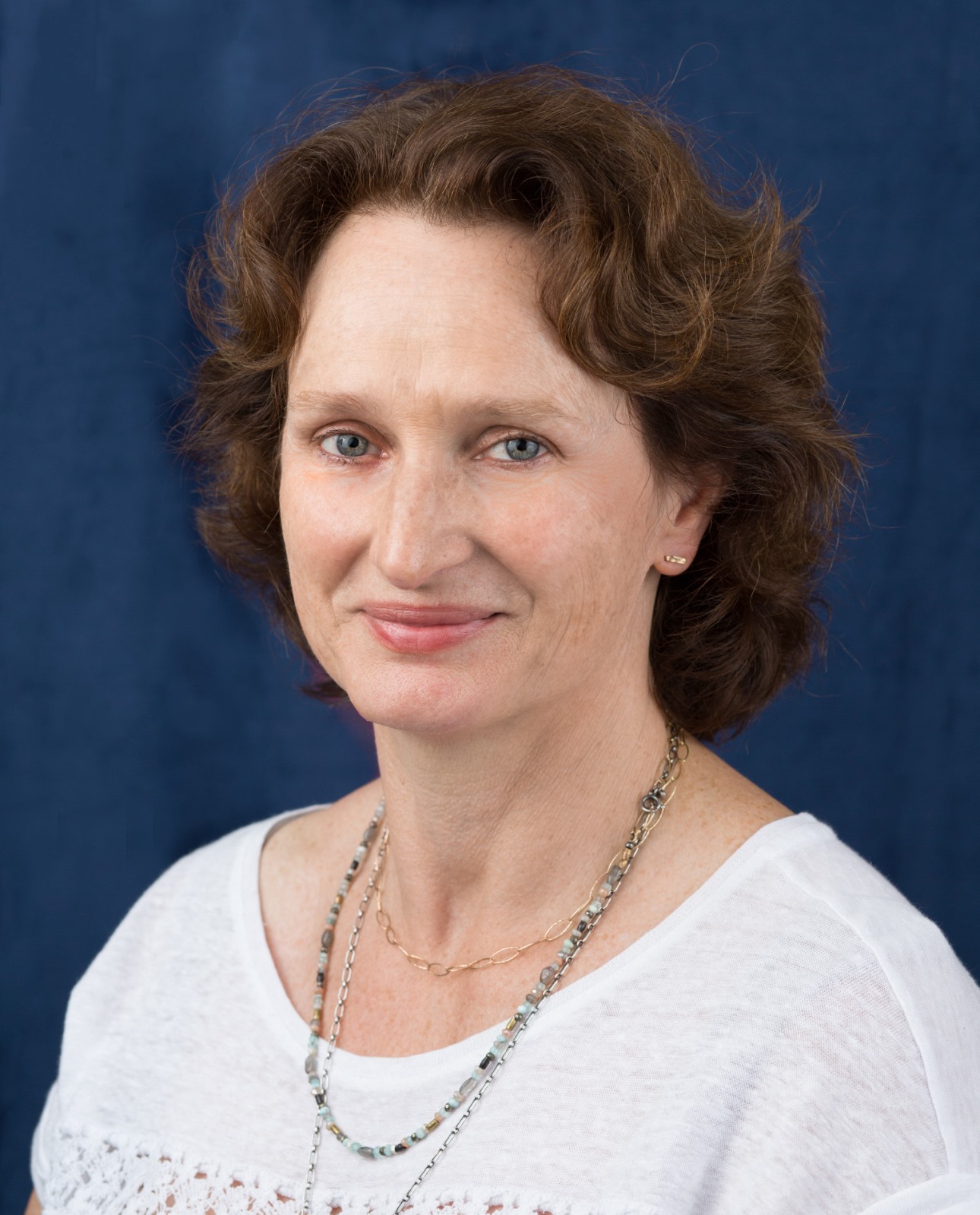
“I structured the track to emphasize the handover between parents active in funding research, small biotechs and pharma,” says Chairwoman Dr. Yael Weiss from Ultragenyx, a California biopharma originally founded to develop an Israeli experimental drug for genetic diseases prevalent among Persian Jews.
She says therapies are available for only about 350 of the 7,000 known rare genetic diseases (also called “orphan” genetic diseases) affecting tens to hundreds of thousands of people worldwide in total. Ultragenyx recently received FDA approval for its treatment for an ultra-rare bone disease.
Because many rare diseases affect newborns and children, interaction with their parents is common among companies developing therapies.
“A parent really can’t bring a drug to market alone. He or she can trigger the beginning of the process but needs a partnership with a company like mine to get the drug to patients,” Weiss tells ISRAEL21c.
Ozeri and Hazan are among the few parents who’ve taken the more difficult route of founding their own company.
“From our perspective, the problem with the research at the universities and research institutions is that their end-products are scientific publications,” Ozeri explains.
“While research is significantly important in order to understand the mechanism of action and the underlying biology of the diseases, there is still a long way to go before developing a treatment.”
ART Bioscience’s prospective drug candidates for DMD are being tested in animal models without charge by Science in Action, an Israeli preclinical contract research organization in Ness Ziona. Initial results show promising safety and efficacy, according to Ozeri.
Following are summaries of the other four Israeli startups presenting in the rare diseases track at MIXiii-Biomed:
Eloxx Pharmaceuticals, a clinical-stage company developing novel RNA-modulating drug candidates to treat premature stop codon (“nonsense mutation”) diseases, using technology invented by Prof. Timor Baasov from the Technion-Israel Institute of Technology in Haifa.
Premature stop codons hinder the production of proteins and play a role in some 1,800 rare and ultra-rare diseases.
Eloxx, which recently raised $50 million in an IPO on NASDAQ, aims to restore production of full-length functional proteins with its lead drug candidate, ELX-02, focusing for now on cystic fibrosis and cystinosis. The company is headquartered in Massachusetts with R&D in Rehovot.
SpliSense, established in 2016 and currently focused on splicing mutations in the CFTR gene for treating cystic fibrosis (CF). The technology is based on the discovery platform invented by Prof. Batsheva Kerem of the Hebrew University of Jerusalem, who identified and cloned the CFTR gene.
SpliSense has developed a compound with the potential to cure the lung disease in CF patients carrying a specific splicing mutation. This technology is relevant to additional targets in CF and other genetic diseases. The company also is developing a targeted modulation approach to correct the splicing pattern of CFTR transcripts according to the specific mutation carried.
NewStem, the first company to develop products based on human haploid pluripotent stem cells, a paradigm-changing technology based on the work of Prof. Nissim Benvenisty, director of the Azrieli Center for Stem Cells and Genetic Research at the Hebrew University of Jerusalem.

Benvenisty’s team has generated more than a dozen models for rare genetic disorders using human pluripotent stem cells and is now developing such models in haploid stem cells focusing on Fragile X Syndrome and Prader Willi Syndrome. NewStem is pursuing collaborations with biopharmaceutical companies regarding these and other genetic diseases.
Minovia Therapeutics, developing personalized cell off-the-shelf therapeutic productsfor orphan mitochondrial diseases, using a proprietary method of isolating mitochondria – which produces most of the chemical energy needed to maintain normal cellular function – from placentas or from white blood cells and freezing it.
Mitochondrial diseases, a group of rare diseases caused by mutations or deletions in the mitochondrial DNA, currently can’t be treated. Minovia is conducting proof-of-concept trials in a disease called Pearson Syndrome, affecting only about 100 patients worldwide. Human clinical trials are expected to begin in late 2018.
Minovia’s next targets include Kearns-Sayre Syndrome, mitochondrial encephalomyopathy, lactic acidosis, stroke-like episodes and Leber hereditary optic neuropathy.
To see the full program of the Fighting Rare Genetic Diseases Using Novel Therapeutic Approaches track at MIXiii-Biomed, click here.




